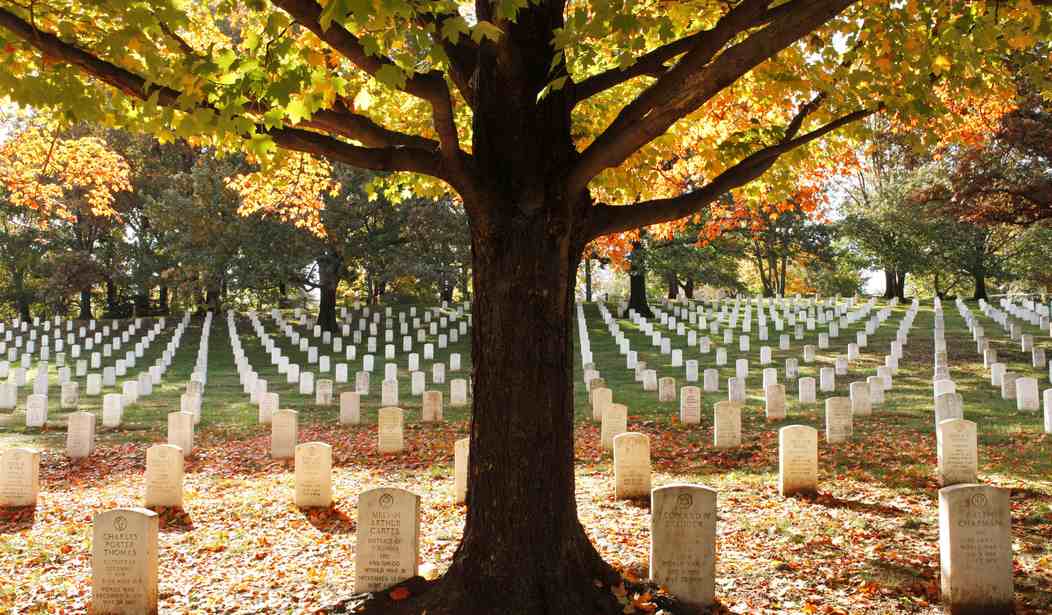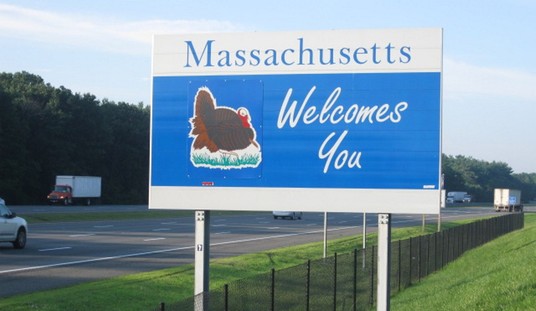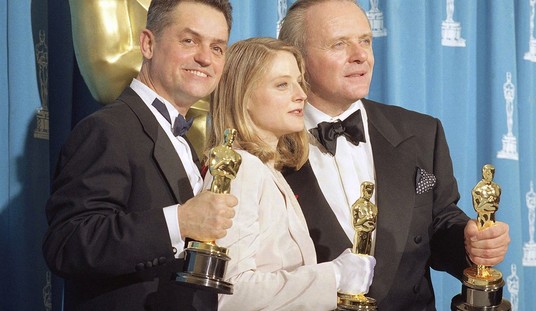I was fortunate in my somewhat modest military service; while I served in the first Gulf War and President Clinton's Balkans diversion, I was never in a position where anyone could shoot at me directly; we had Scuds dropped on us in 1991 and spent some time in bunkers, and during the Balkans deal I was reactivated and spent some comfortable time in Germany on the staff of the Command Surgeon, US Army, Europe. So while I put in my time, I was never in the position to be an Audie Murphy-style hero.
That doesn't mean I didn't serve with some outstanding soldiers. One was Sergeant Frank Martinez, who worked in the motor pool when I was Headquarters Platoon Leader in a medical company. In December our company was at Fort Carson, Colorado, loading to go overseas. We were given a few free days at Christmas, so Sergeant Martinez drove to southern Colorado to see his daughter.
On his way back, Frank had a heart attack. His car rolled off the road and bounced to a stop; the car following stopped to see what happened, and found Frank unresponsive. We learned later that he had a heart defect that had never been detected and never troubled him — until it did. He was the only soldier I ever lost while under my command — and, yes, he died serving his country. I still remember, very clearly, the painful task of writing his daughter, who was his only next of kin.
Which brings me to Arlington National Cemetery.
While in the DC area for CPAC, I took the opportunity to accompany a couple of my RedState colleagues to Arlington National Cemetery, where we watched the changing of the guard at the Tomb of the Unknown. This is a ceremony steeped in tradition, conducted with honor, and executed with incredible precision. The guard walks their post on a defined path, bearing an M14 rifle with a fixed bayonet. Their movements are practiced, crisp, and precise. When the guard changes, the new guard approaches, undergoes a symbolic inspection, and formally takes over the guard post. The drill is incredible; every step is measured, and over the decades, a path has been worn in the pavement by the steel taps in the guards' shoes, who take this same precise path, day by day, week by week, 24 hours a day, 365 days a year, regardless of the weather.
It's an incredible honor to be chosen for this duty. It's an incredible honor to be chosen to serve here, at Arlington, in the Garden of Heroes.
It's important to note that there are other military cemeteries around the country, none of which are surrounded by the fame and ceremonies of Arlington. My paternal grandfather is in one in Iowa City, Iowa, marked only with a small plaque stating his name, and "SFC - World War I." Near him is his older son, my uncle, whose identical plaque reads "TSgt - World War 2."
How we honor those who served says a lot about where we are as a nation — as does how we treat those who are serving today, and those who will be serving in the future — as a man with three grandsons, that weighs heavily on my mind.
See Related: If China Invades Taiwan, Could They Even Take It, Much Less Hold it?
Buzz Cut: Buzz’s Bedtime Stories - Russia, Ukraine, and Communism
But watching the ceremony at Arlington makes one realize that some American traditions are still very much with us. This simple tradition of guarding the tomb of an unknown American who fell fighting for his country, along with the deep ceremony and sense of honor that surrounds it, reminds us that there is still the original America out there, with traditions of respect, courage, and honor.
Arlington, and the traditions and ceremonies therein, represent the very best of America, as do the brave service members that rest there.













